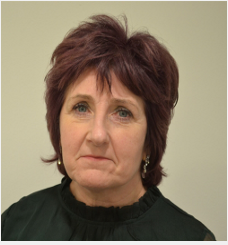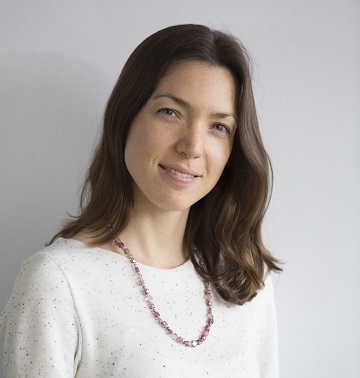 After almost three decades at the Medicines and Healthcare products Regulatory Agency (MHRA), there is little that can surprise Lynda Scammell, Senior Enforcement Advisor. “We’ve seen it all over the years,” she says, “although 2020 has been something of a unique challenge. It’s been a busy year.” When your work is to ensure the quality, safety and effectiveness of medicines and healthcare products – and help protect the public – a pandemic is peak time.
After almost three decades at the Medicines and Healthcare products Regulatory Agency (MHRA), there is little that can surprise Lynda Scammell, Senior Enforcement Advisor. “We’ve seen it all over the years,” she says, “although 2020 has been something of a unique challenge. It’s been a busy year.” When your work is to ensure the quality, safety and effectiveness of medicines and healthcare products – and help protect the public – a pandemic is peak time.
The potent combination of public anxiety, fast-changing medical advice and a new virus with many unknowns created a ripe arena for criminals and their scams through last year. “But,” she caveats, “as with so much of what we do, it’s taught me something new and given us an opportunity to raise the profile of the MHRA and our work, which is always a good thing. The public has become so much more aware of science, medicine and supply chains during these times – and the more people understand, the more they can keep themselves safe.”
Lynda was largely unaware of the important work of the MHRA before she joined them 28 years ago. “We were a pretty small team back then,” she recalls, “and I came from the social security side of Government and I had experience dealing with things like benefit fraud so this role seemed a good fit.” Lynda has seen the Agency grow exponentially and she is now a senior member of the Enforcement team, tasked with identifying and removing falsified and unlicensed medications from the supply chain to protect the public from the potential harmful effects of acquiring and taking them.
One of the key elements of their approach, stresses Lynda, is collaboration. “It’s incredibly important to reach out to other organisations and agencies – we work with everyone from Border Force to all the other healthcare bodies, like the Care Quality Commission and the General Medical Council,” she explains. “One of our strongest relationships is with Nominet, who support us by suspending domain names that we identify as being used for criminal activity. We’re also really excited about this new initiative – we think that is going to make a huge difference to our work.”
Lynda is referring to Nominet’s recent launch of a landing page, designed by MHRA, to share advice and information on a domain name suspended following a MHRA report, instead of the usual error message. “This is another opportunity to reach out to consumers and educate them on the risks,” she says. With a recent MHRA report declaring that one in ten people bought fake medication online in the past year, there are clearly many who may end up arriving on one of these pages.
“Sometimes it is an innocent consumer, who doesn’t realise that the website is doing something illegal, or it could be someone trying to circumvent the normal system for sourcing medicine – perhaps someone who has developed an addiction and is trying to procure additional medication,” Lynda explains. “No matter their intentions, we want to protect everyone from the risks associated with accessing unlicenced medicines. If it’s unlicensed, it means that we don’t know what it is, nor whether it’s safe.”
The drive for prevention via education has become more critical as the use and penetration of the internet has increased. “Gone are the days of my grandparents, when information only came from leaflets in surgeries, in the newspaper or on the TV bulletins,” she says. “I have two children in their twenties and see first-hand how they go straight to the internet for information – and how can you tell what is authentic or true?”
Shopping online has also become normalised, which exacerbates the issue. “Medicines are not an ordinary consumer commodity,” Lynda warns, “if it’s a prescription medication, you need to have a prescription from a doctor who has access to your medical records. If consumers choose to buy medicines online, there are risks out there and criminals will use the opportunity.”
That isn’t to say that Lynda sees the internet as a foe in the world of healthcare – quite the opposite. “Actually, its very exciting to see the rise of digital healthcare, the increased use of online consultations and electronic prescriptions, for example,” she says. “I’m pleased that I can be part of the building of a future in which we can access more healthcare support digitally – and safely.”
Tips on how to avoid #FakeMeds are available on the MHRA website. If you spot anything that looks suspect or potentially counterfeit, you can report it via the MHRA Yellow Card scheme.


